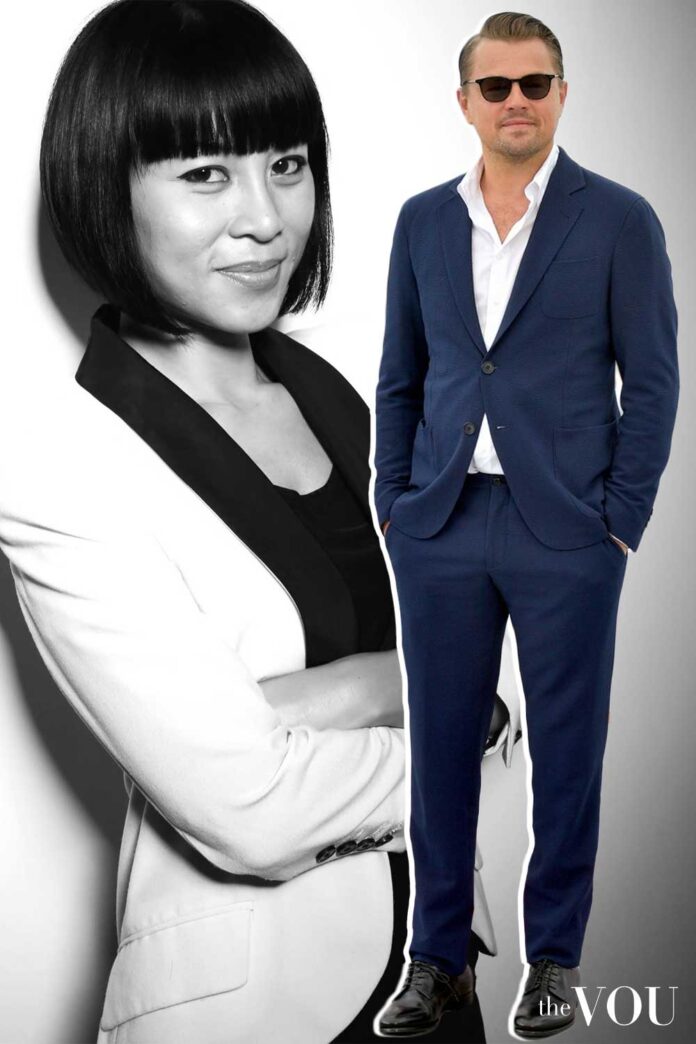Nowadays, as your social and professional success depends so much on your personal image, having an image consultant on speed dial is paramount.
However, with so many self-proclaimed experts online, finding a genuine, highly qualified, and experienced image consultant is easier said than done.
If you’re looking for the best image consultant or personal stylist to enhance your professional presence, refine your personal brand, or get advice on projecting your best self, we can guide you through the process.
In this article, we’ll discuss the essential questions you should ask when choosing a highly experienced image consultant and how to know if they are the best for you.
Comprehensive Expertise
A top-tier image consultant should possess a wide-ranging skill set that extends far beyond just clothing and style.
Look for consultants with expertise in personal style, grooming, body language, verbal communication, etiquette, and personal branding.
Before hiring an image consultant, you must ensure they have a high level of experience in all these areas, as each contributes significantly to your overall image.
Genuine image consultants will evaluate your current image comprehensively and tailor recommendations to your specific needs and goals.
Here’s a breakdown of the key areas an expert image consultant should cover:
1. Personal Style
This includes understanding body shapes, colour analysis, and various fashion styles, similar to a personal stylist’s expertise.
An image consultant will focus on creating a cohesive personal style that aligns with your personality, profession, and lifestyle.
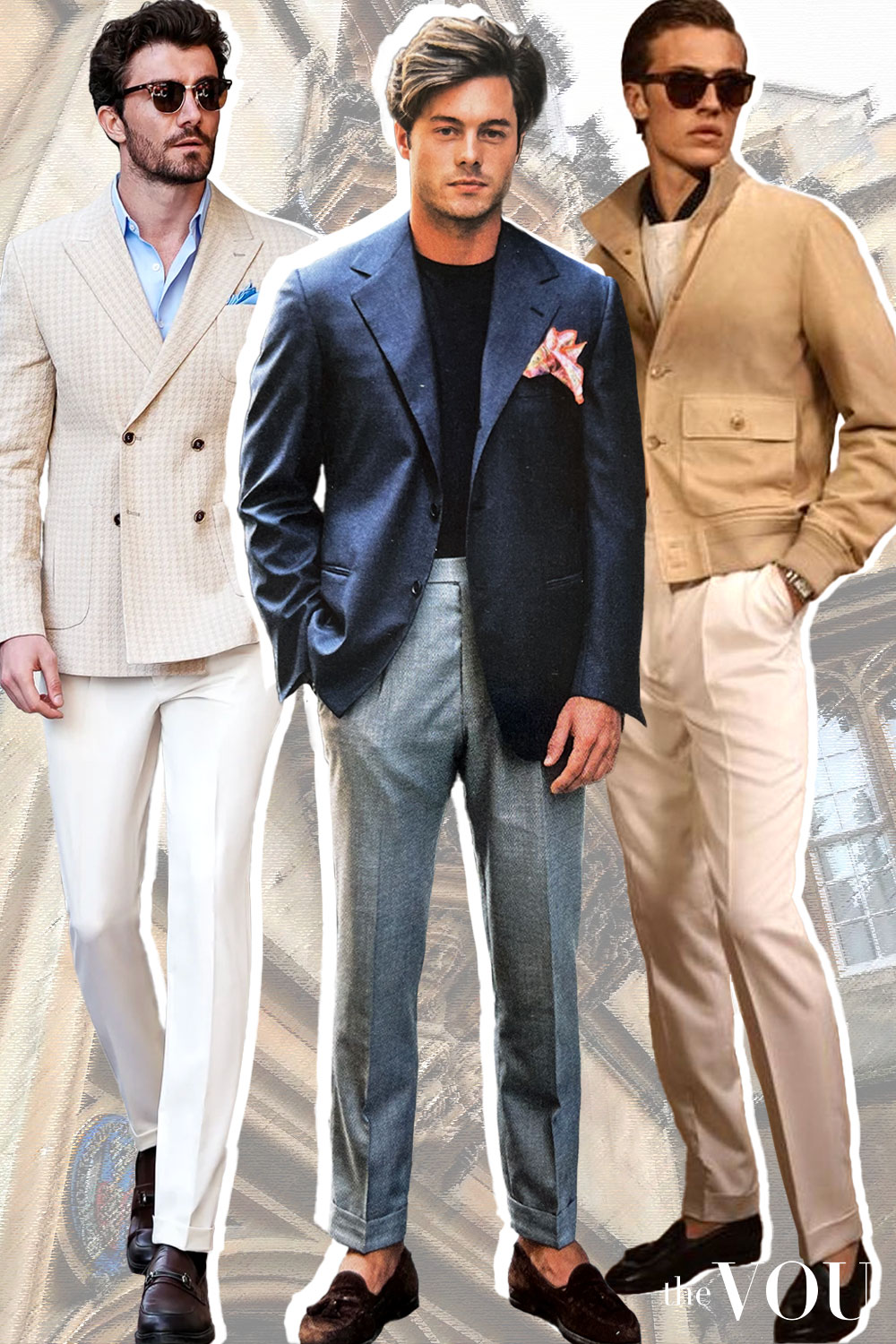
Image Consultant Vs. Personal Stylist
While searching for professionals to help with your image, you might wonder about the distinction between the roles of an image consultant vs a personal stylist.
Although there’s some overlap, they serve different purposes: a personal stylist primarily focuses on your wardrobe and fashion choices, helping you curate outfits that match your personality and lifestyle.
Some clients are curious about whether stylists provide the clothing themselves and how the process works.
If you’re specifically looking for fashion guidance, you might want to learn more about how to find and work with a personal stylist who aligns with your style goals.
2. Grooming
This encompasses skincare, makeup application, hairstyling, and nail care for both men and women.
A skilled image consultant will provide guidance on grooming routines that enhance your natural features and complement your overall image.
3. Body Language
This involves expertise in posture, gestures, facial expressions, and their impact on perceived image.
Your image consultant should be able to identify and help correct any non-verbal cues that might be undermining your intended image.
4. Verbal Communication
This includes skills in speech patterns, tone of voice, and effective communication techniques.
A good image consultant will help you refine your verbal communication to ensure it aligns with and enhances your visual image.
5. Etiquette
Etiquette for modern men covers an understanding of social and business etiquette across various cultures and situations.
Your consultant should be able to guide you on appropriate behaviour and protocols for different professional and social settings.
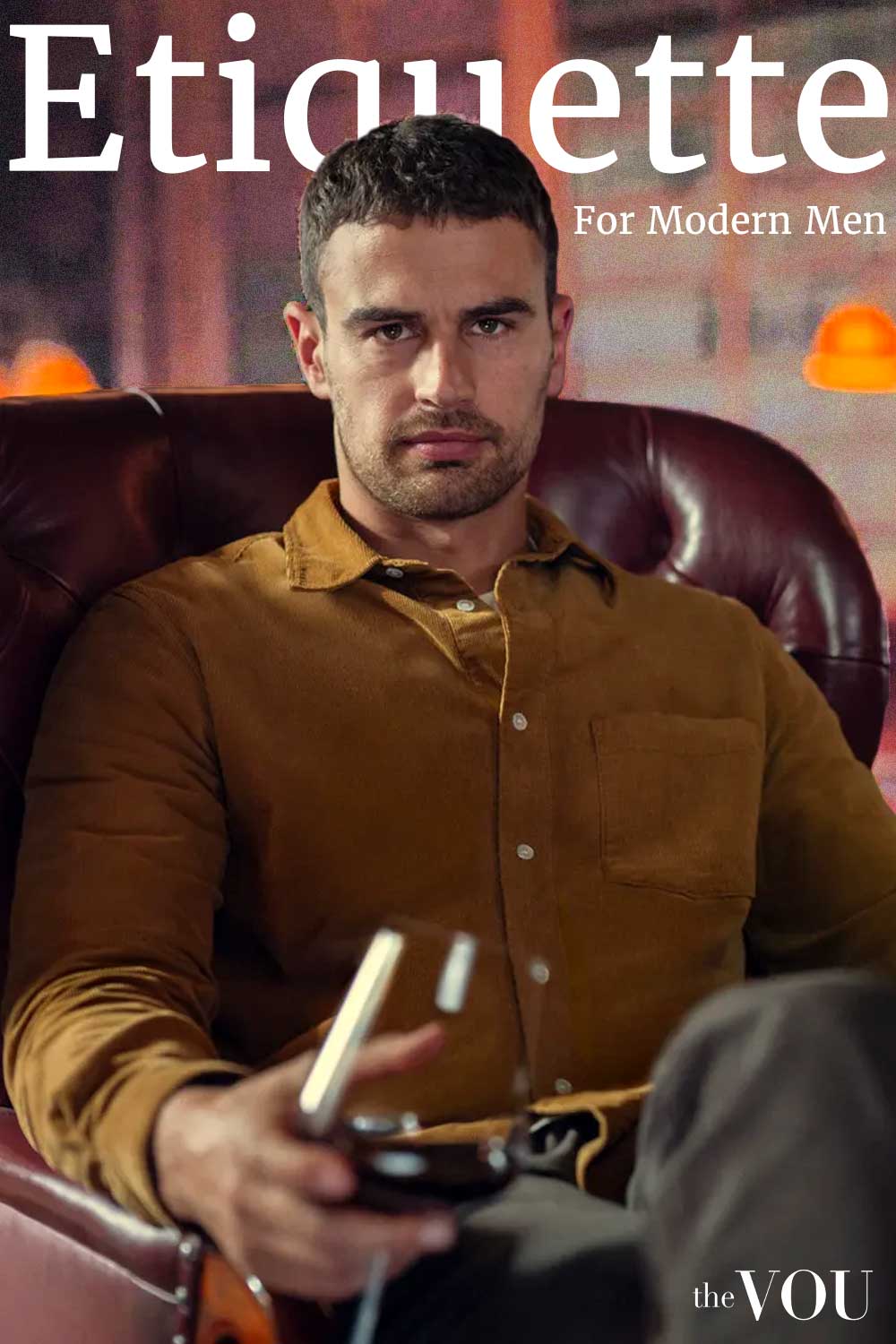
6. Personal Branding
This involves the ability to craft a cohesive personal brand that aligns with your goals and values.
An expert image consultant will help you develop a consistent personal brand across all aspects of your image, from your appearance to your online presence.
Expertise in Existing Fashion Styles
A truly versatile and knowledgeable image consultant should be well-versed in various established fashion styles.
This expertise allows them to guide you towards looks that resonate with your personality and lifestyle, or help you experiment with new aesthetics that align with your personal brand.
When selecting an image consultant, ensure they have a deep understanding of various fashion styles, including but not limited to:
- Classic Old Money – A timeless, refined style associated with traditional wealth, featuring tailored suits, quality knitwear, and understated luxury items.
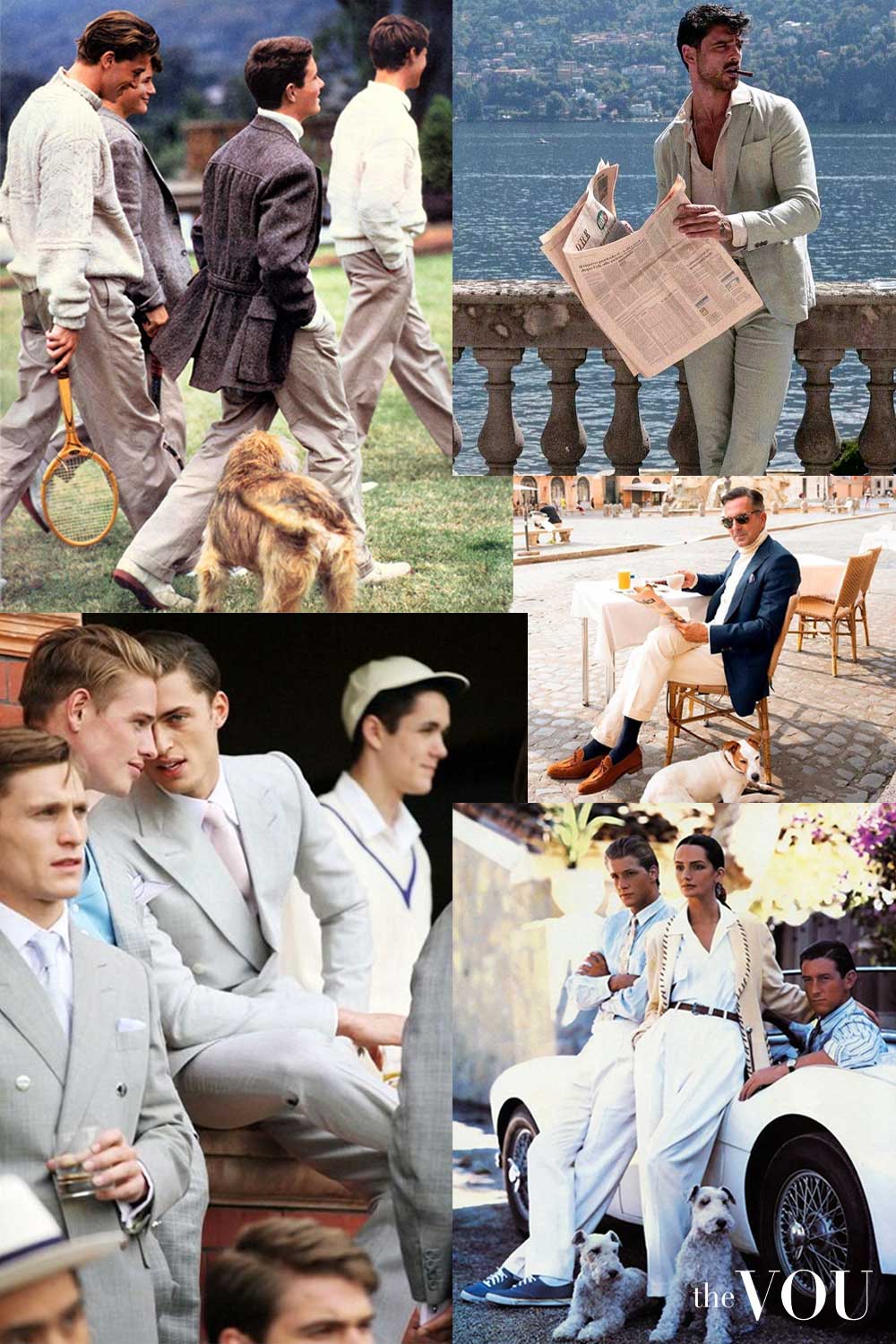
- Preppy – A clean-cut, classic American style characterised by Oxford shirts, blazers, chinos, and loafers.
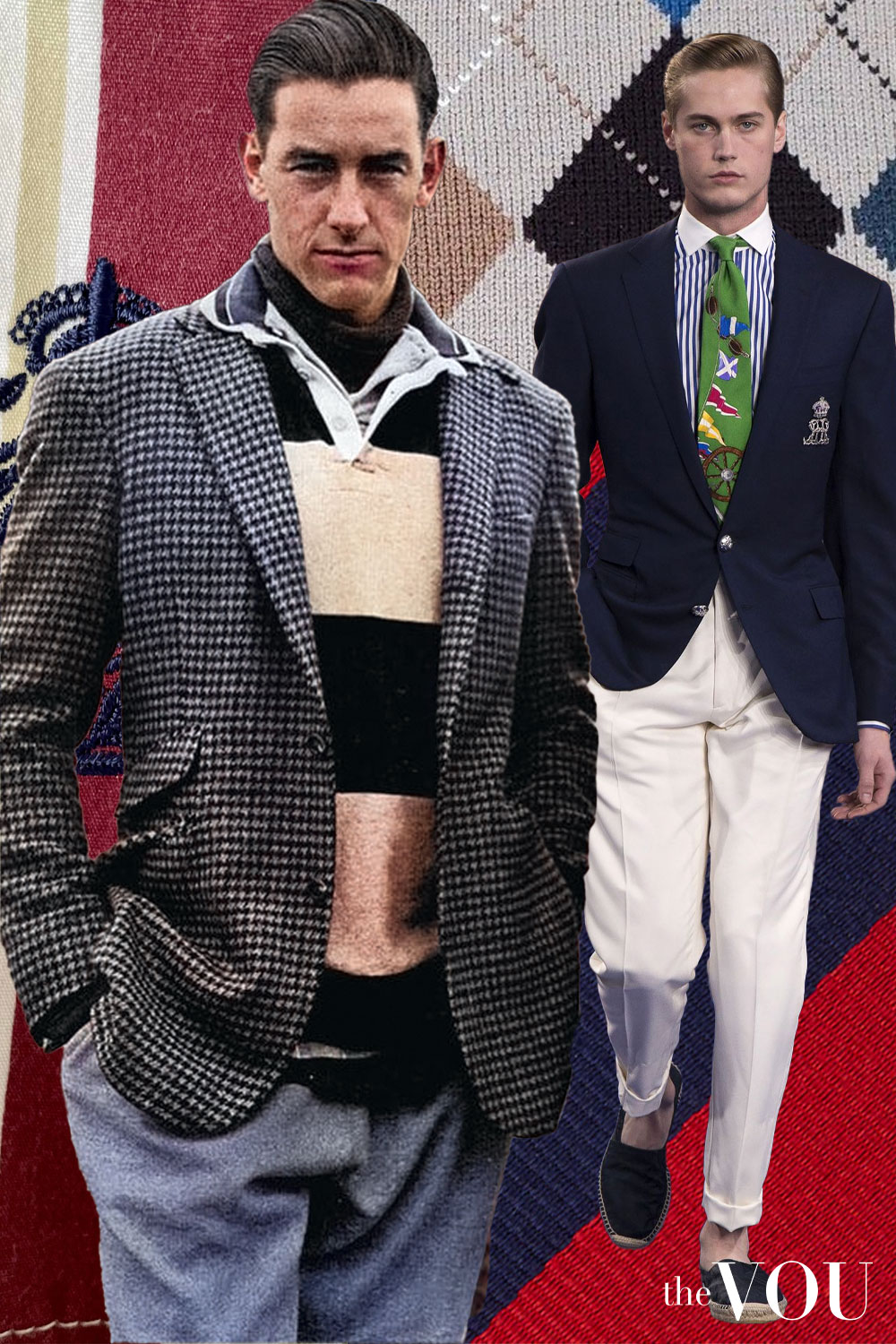
- Sloane Ranger – A distinctly British upper-class style, featuring tweed jackets, Wellington boots, and countryside-inspired attire.
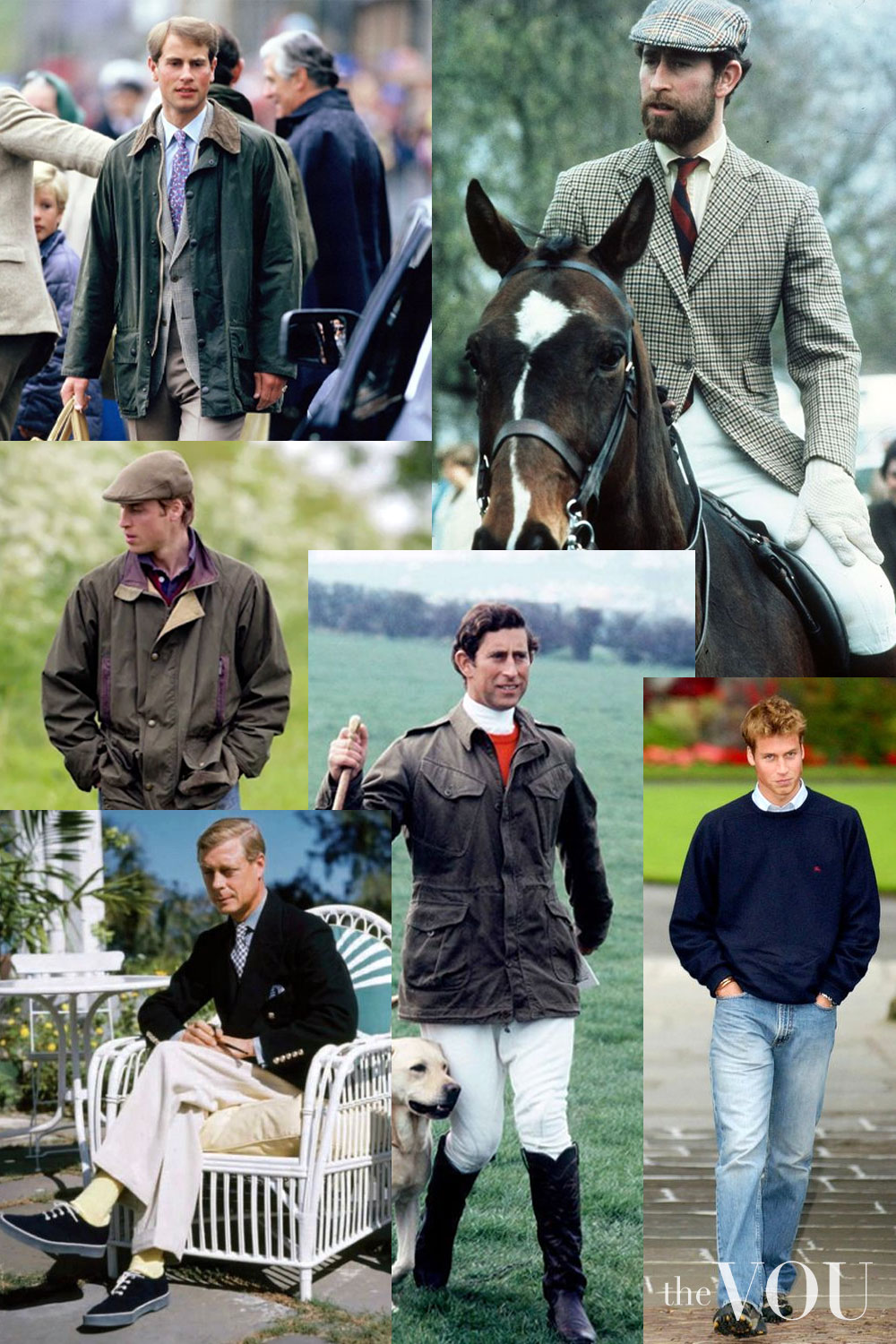
- Dandy – A refined, elegant style that pays particular attention to classic tailoring and bold accessories.
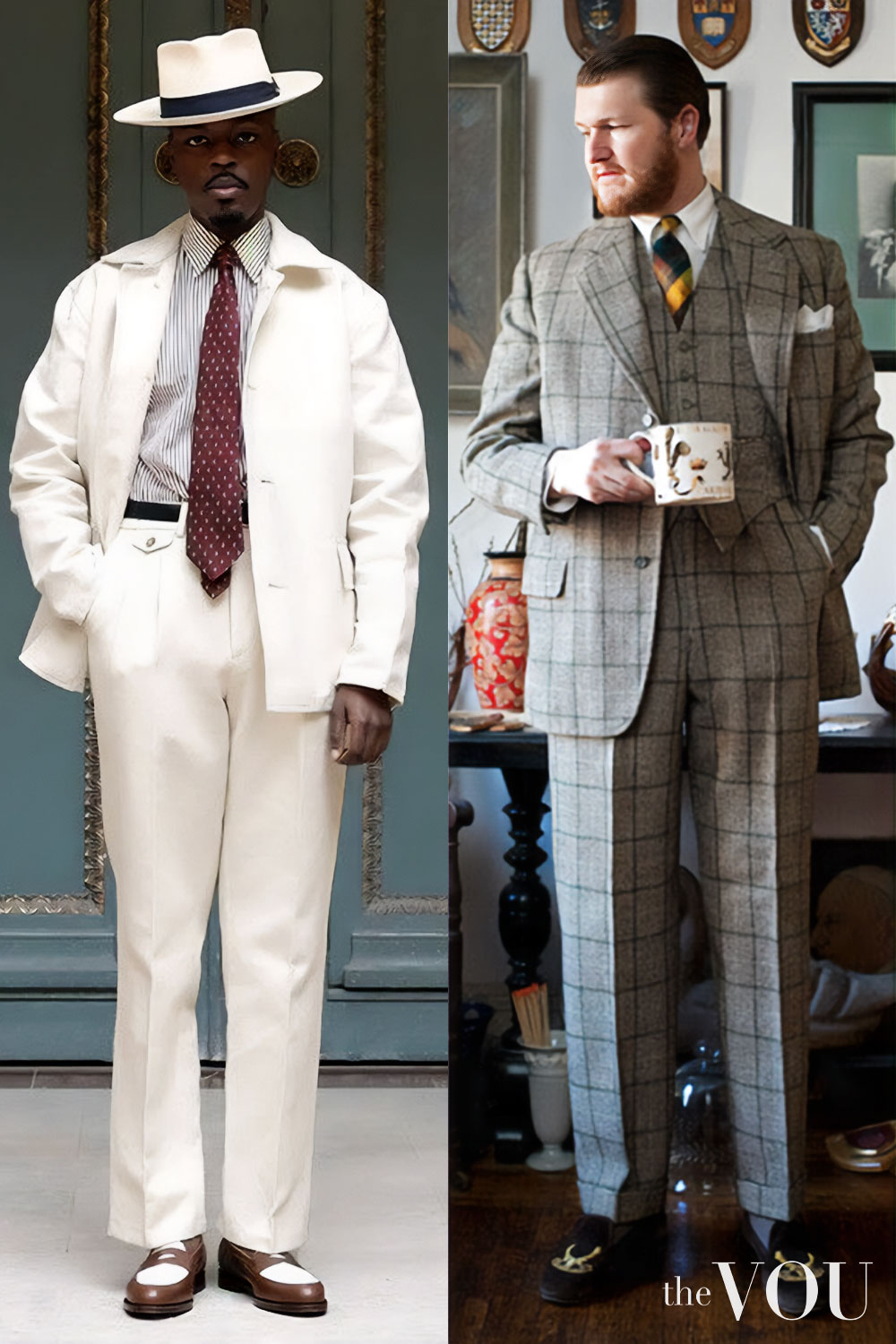
- Bohemian/Boho Chic: A free-spirited style mixing vintage and modern pieces, often including flowing fabrics and eclectic accessories.
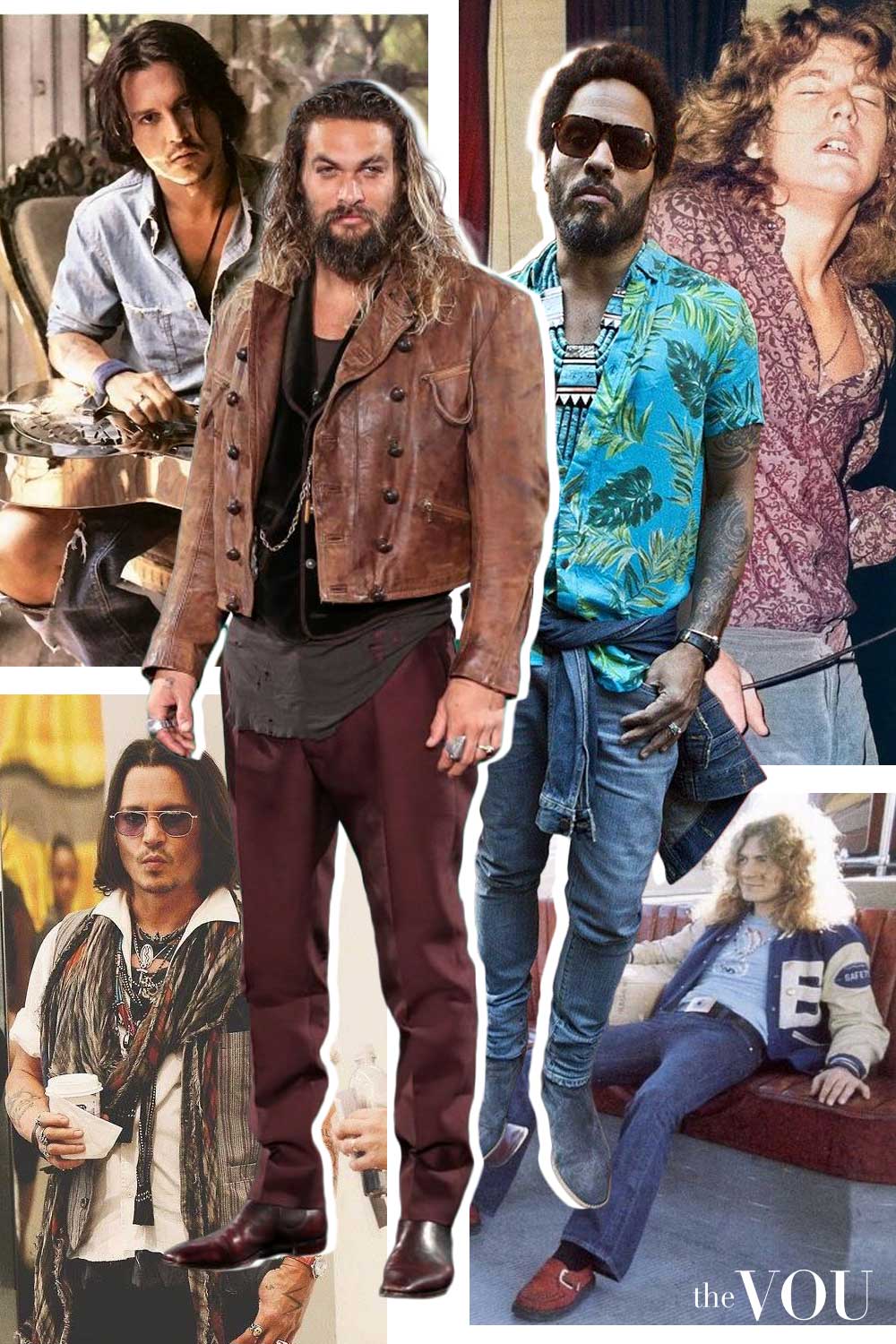
- Hipster: A style that embraces indie culture and often includes vintage clothing, thick-rimmed glasses, and artisanal or craft elements.
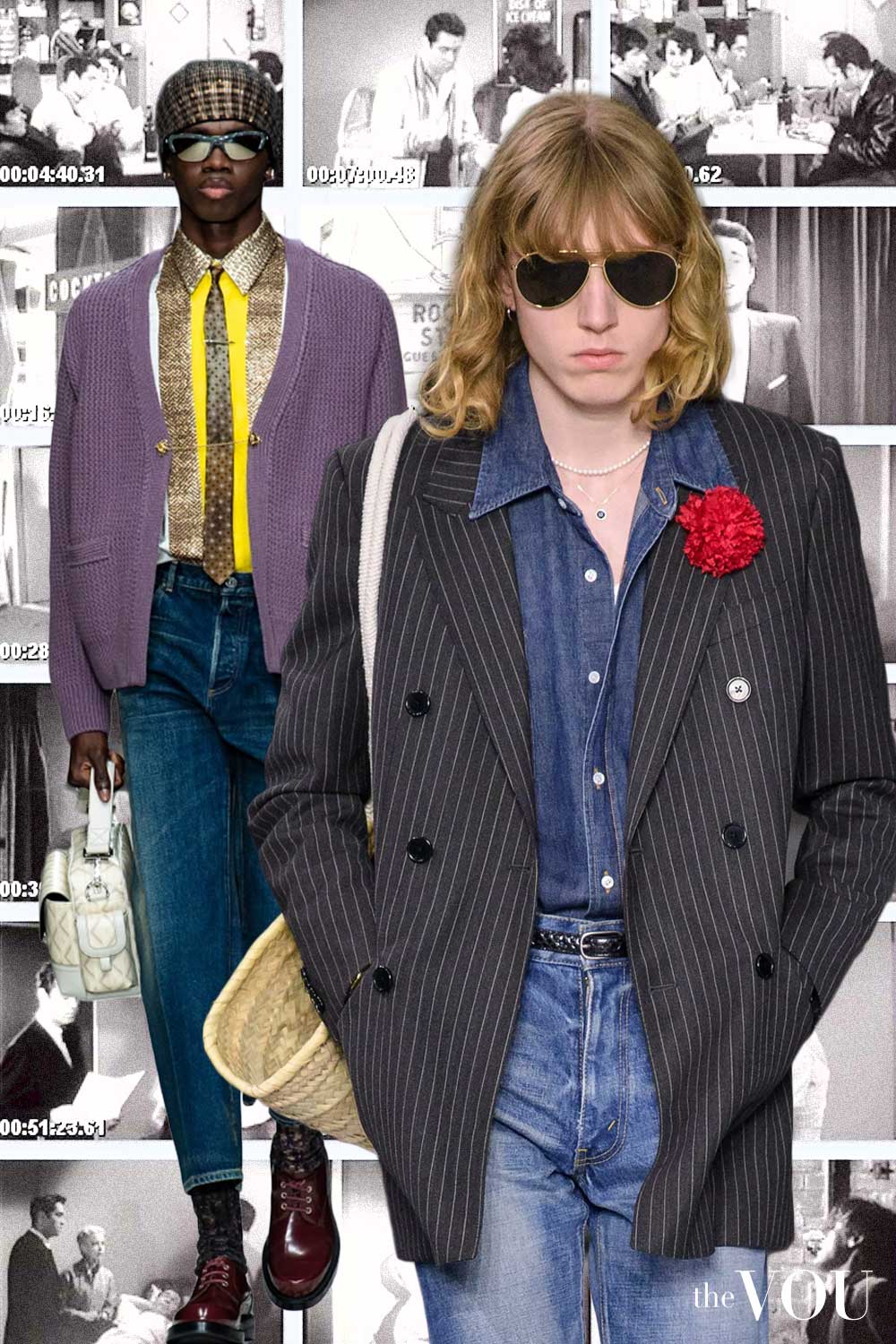
- Vintage: A style that incorporates clothing and accessories from past decades, often mixed with modern pieces.
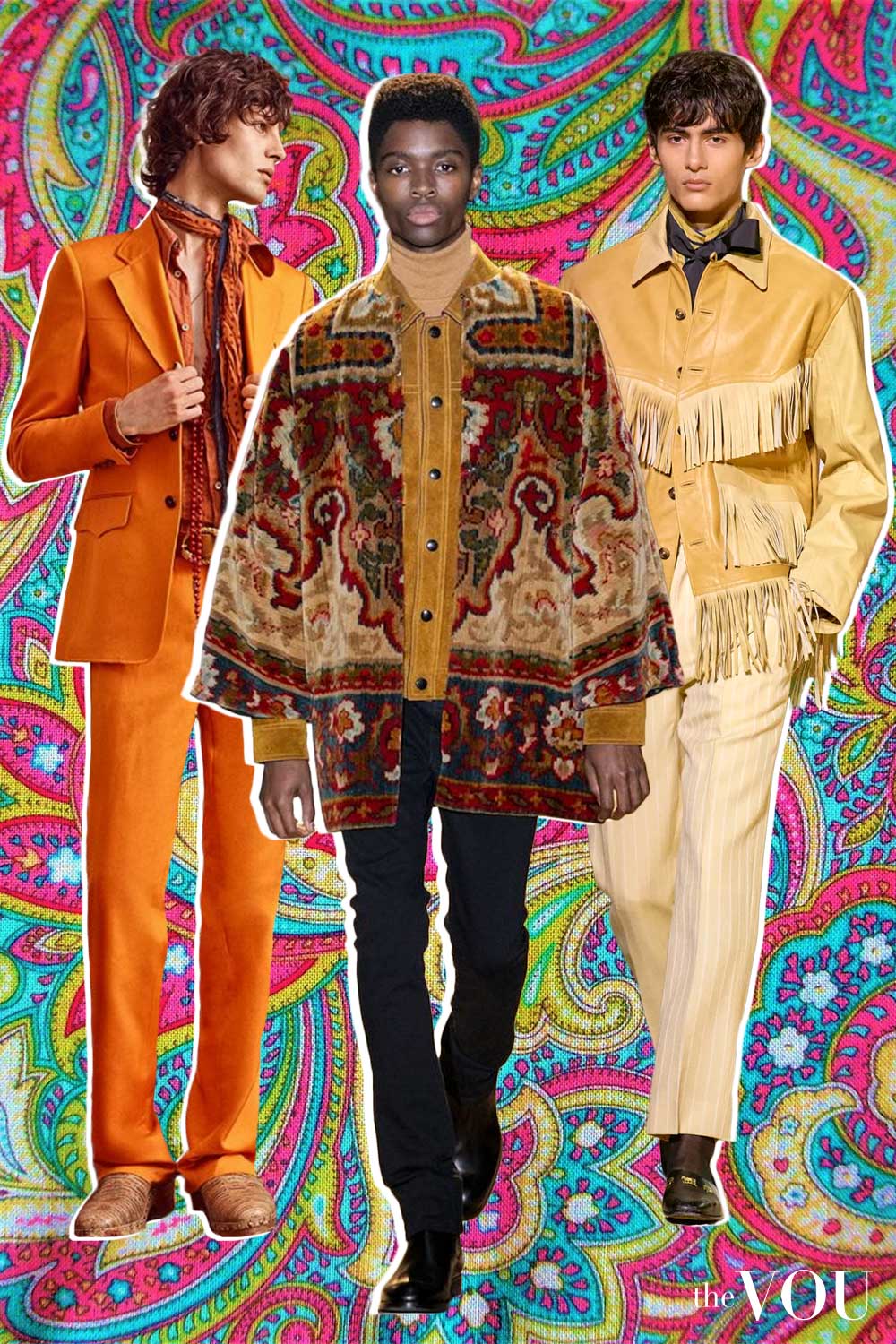
- Retro: A modern interpretation of styles from past decades, particularly the 50s, 60s, and 70s.
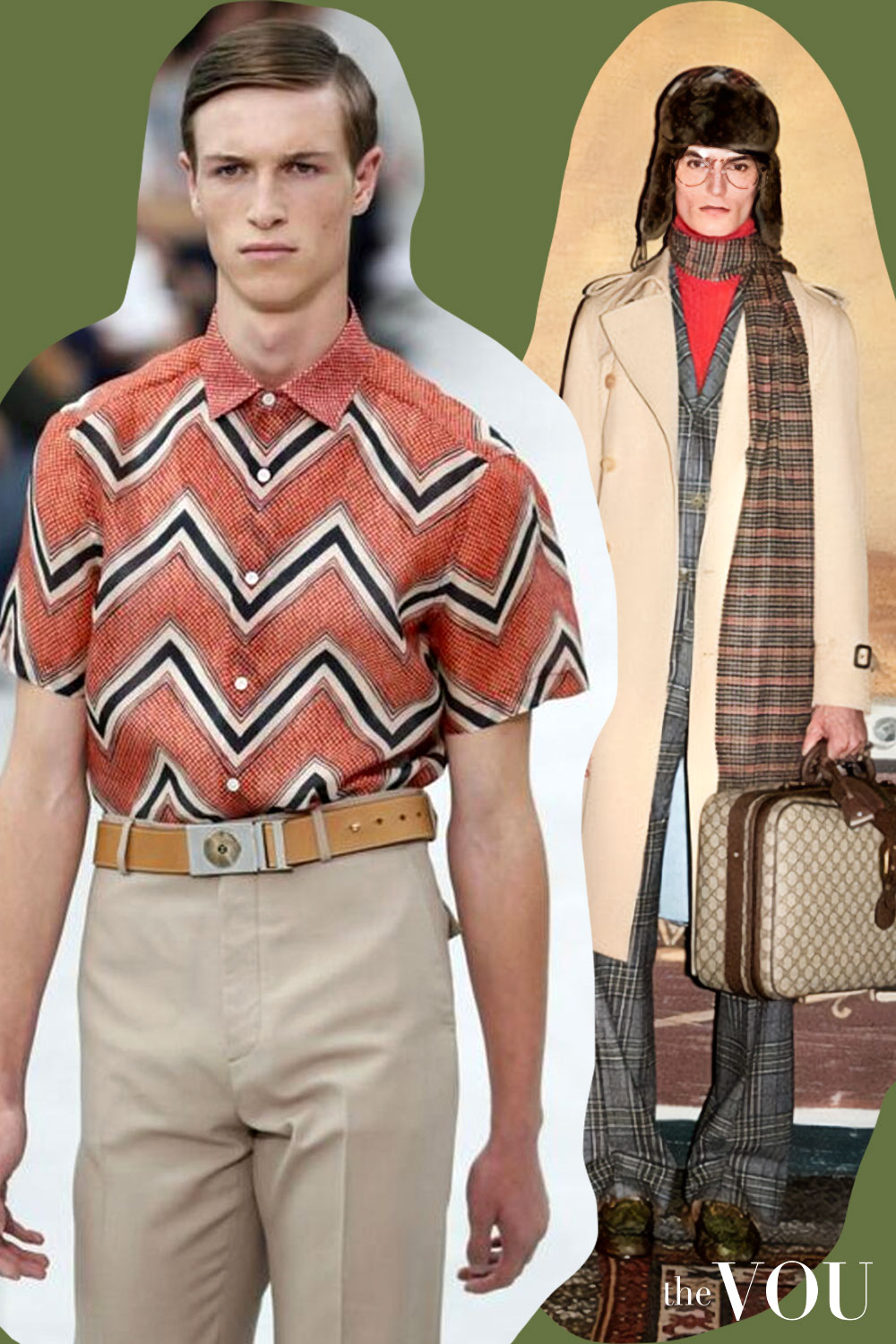
- Grunge: A style inspired by 90s rock culture, featuring oversized flannel shirts, ripped jeans, and combat boots.
- Punk: An edgy, rebellious style incorporating leather jackets, band t-shirts, ripped jeans, and statement accessories.
- Rock: Similar to punk but often more polished, featuring leather jackets, skinny jeans, and boots.
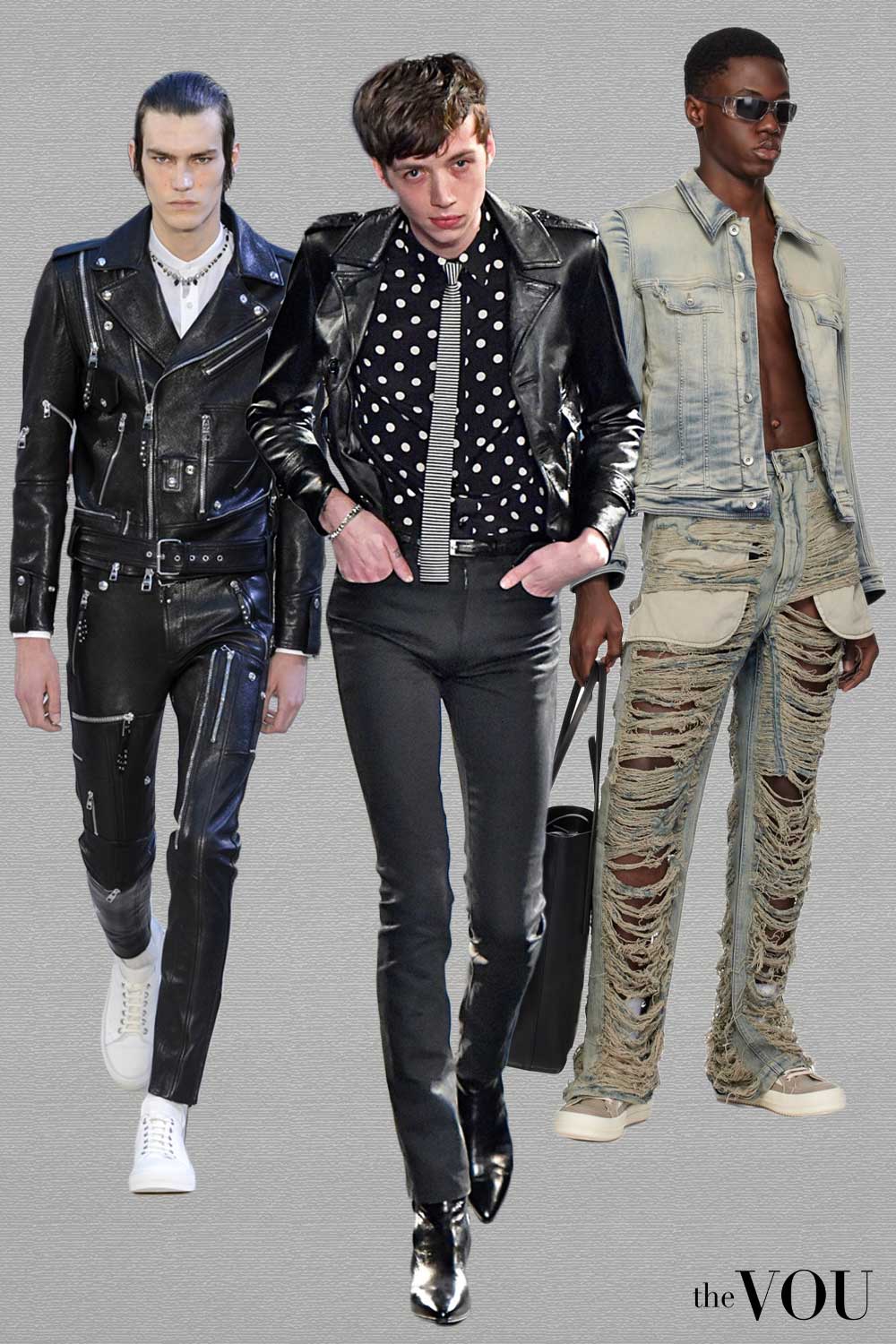
- Goth: A dark, dramatic style often featuring black clothing, heavy boots, and gothic-inspired accessories.
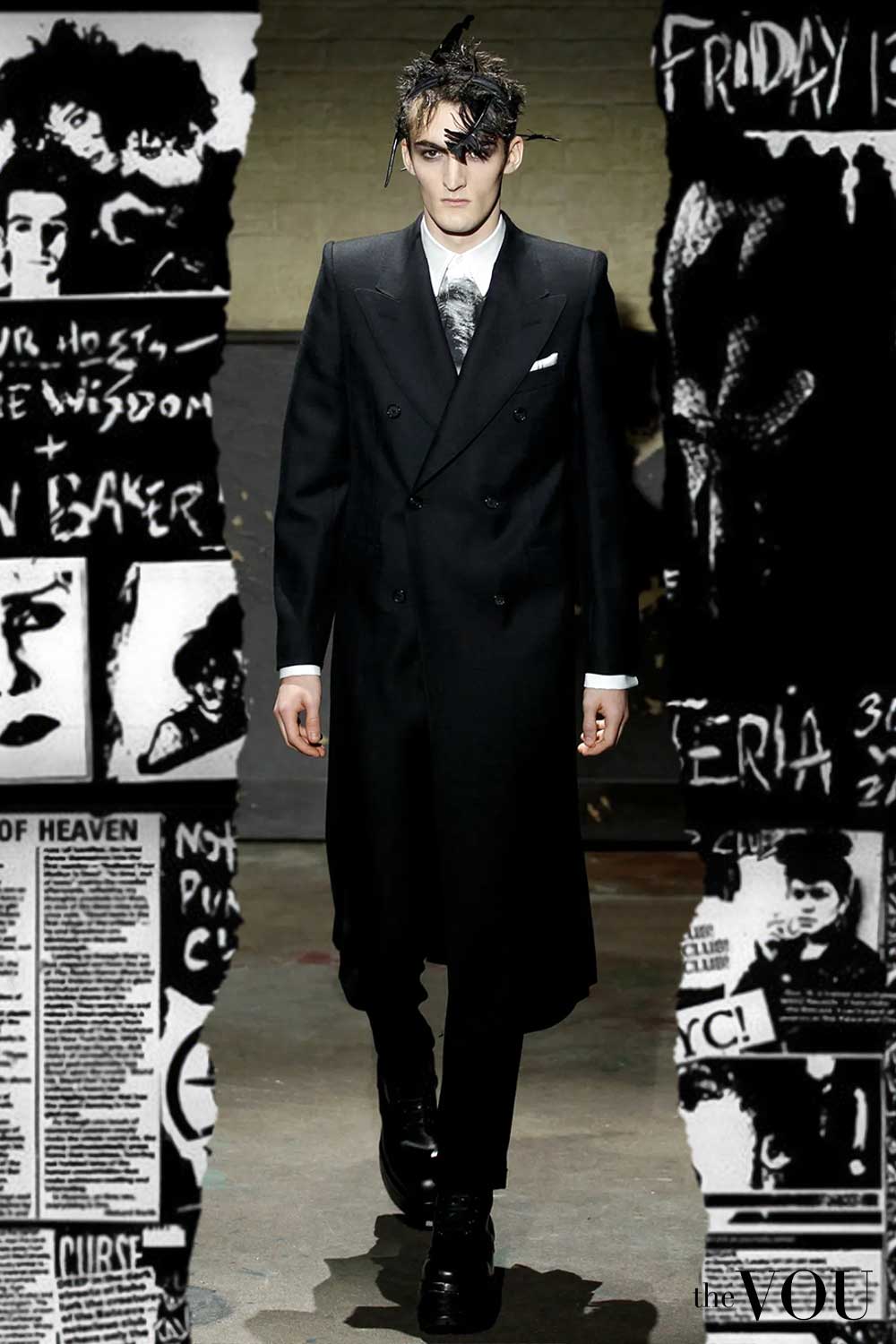
- Minimalist: A sleek, pared-down aesthetic focusing on simple silhouettes and a neutral colour palette.
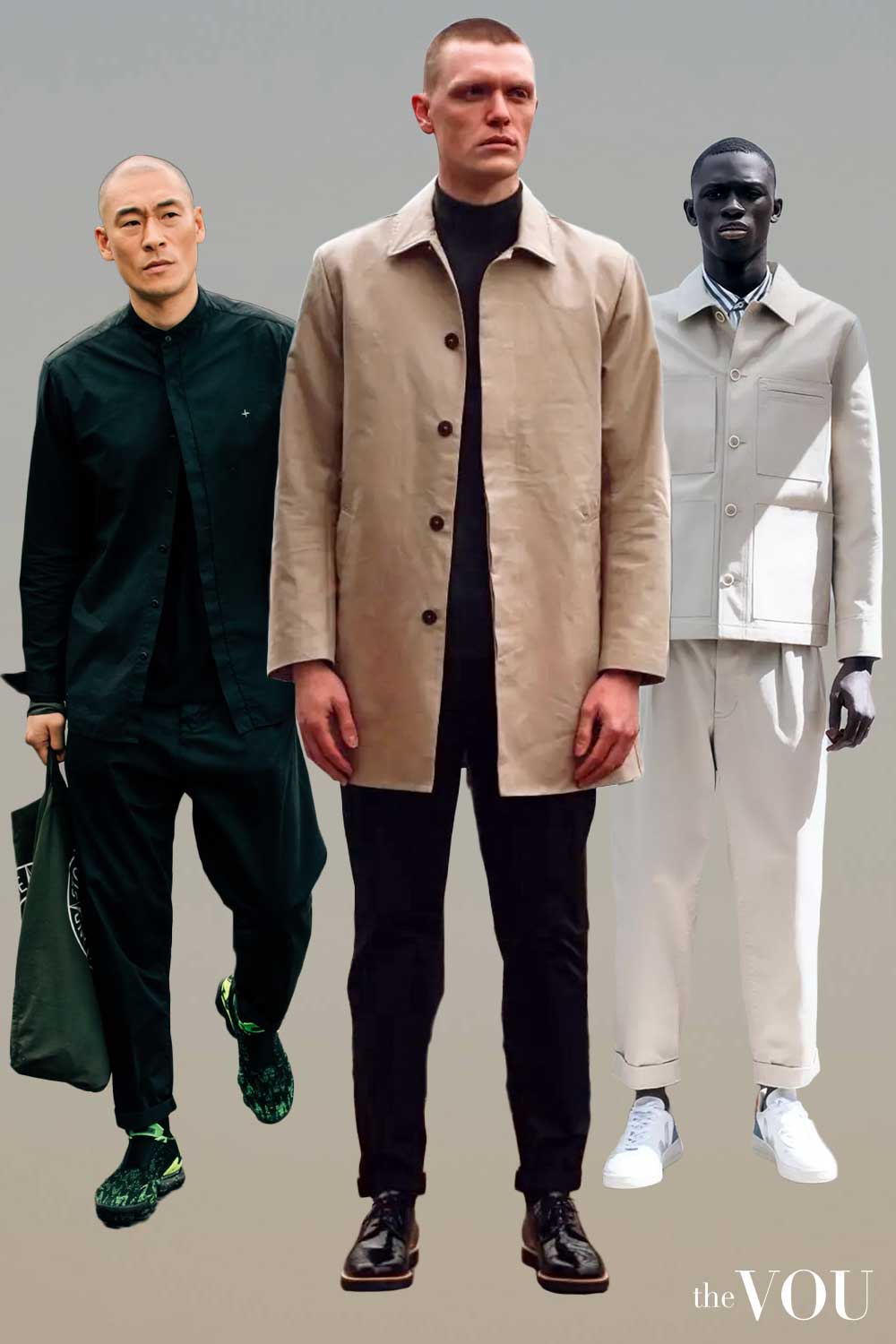
- Maximalist: A bold, eclectic style that embraces patterns, colours, and statement pieces.
- Streetwear: A casual, urban-inspired style that often includes trainers, hoodies, and graphic tees.
- Workwear: A style inspired by traditional labour wear, featuring durable fabrics, practical designs, and a rugged aesthetic.
- Hip Hop: A style influenced by urban culture, often featuring oversized clothing, bold jewellery, and designer trainers.
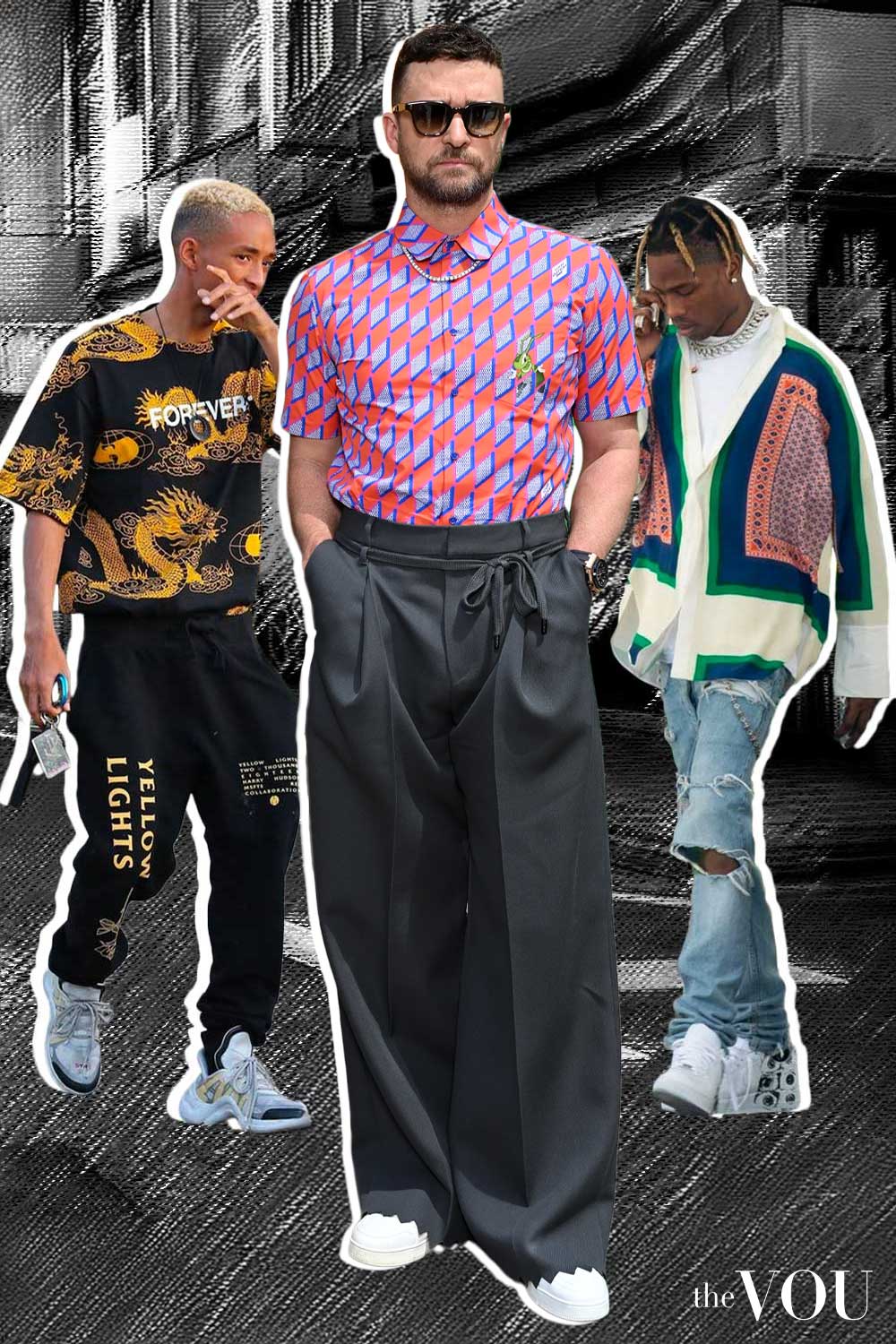
- Skater: A casual style inspired by skateboarding culture, including loose-fitting clothes, graphic tees, and skate shoes.
- Surfer: A laid-back style inspired by beach culture, featuring board shorts, flip-flops, and casual tees.
- Normcore: A style that embraces ‘averageness’, featuring unremarkable casual clothes.
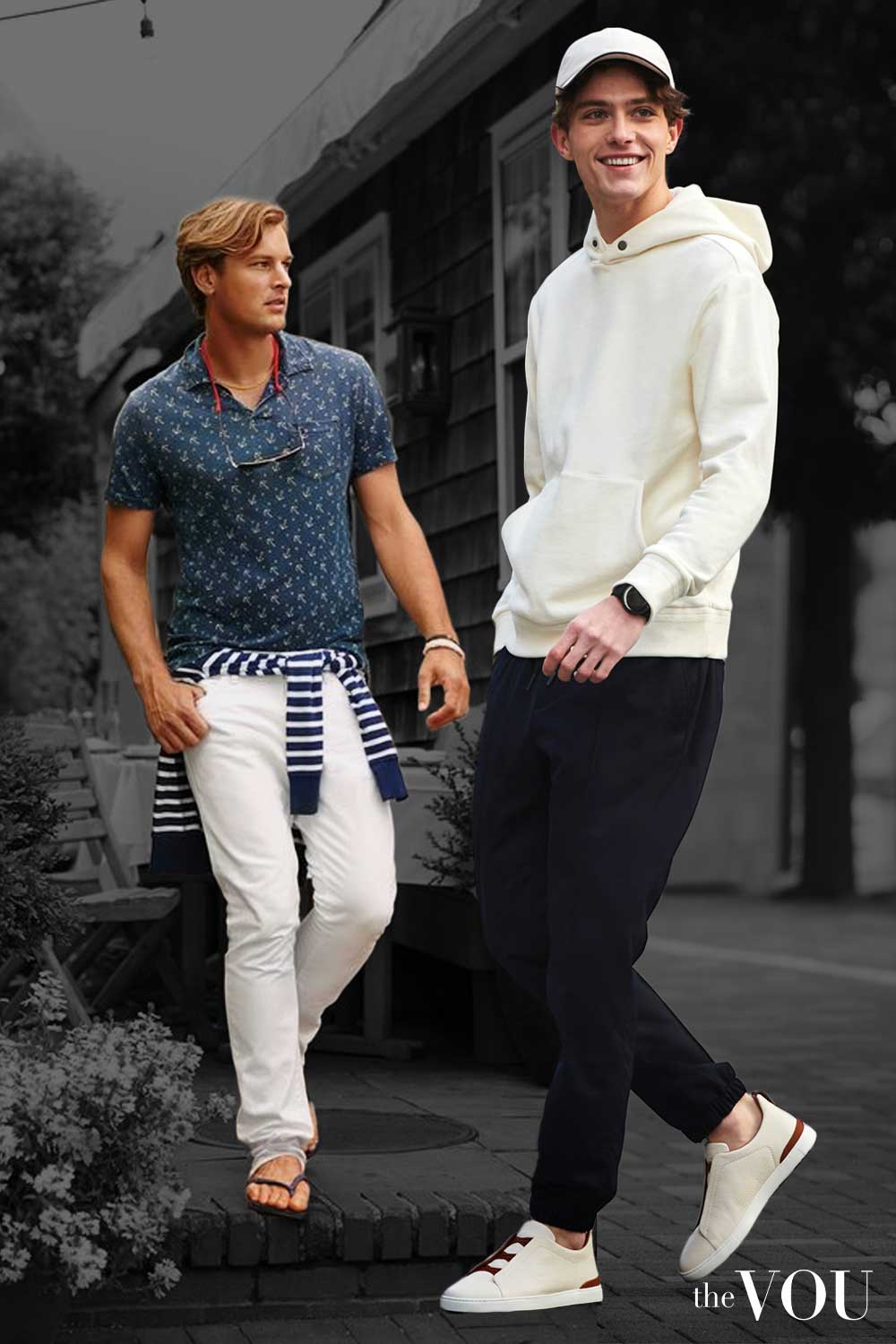
- Athleisure: A trendy style blending athletic wear with casual clothing, emphasising comfort and functionality.
- Techwear: A futuristic style that combines urban aesthetics with functional, often waterproof fabrics and innovative designs.
- Avant-garde: An experimental, cutting-edge style that pushes the boundaries of conventional fashion.
A skilled image consultant should be able to explain these styles, their historical contexts, and how elements from each can be incorporated into your wardrobe to enhance your overall image.
They should also understand how to mix and match different style elements to create a unique look that’s tailored to you and aligns with your personal brand.
Moreover, your image consultant should be able to guide you in adapting these styles to suit different occasions, from casual outings to formal events, ensuring that your fashion choices always support your desired image.
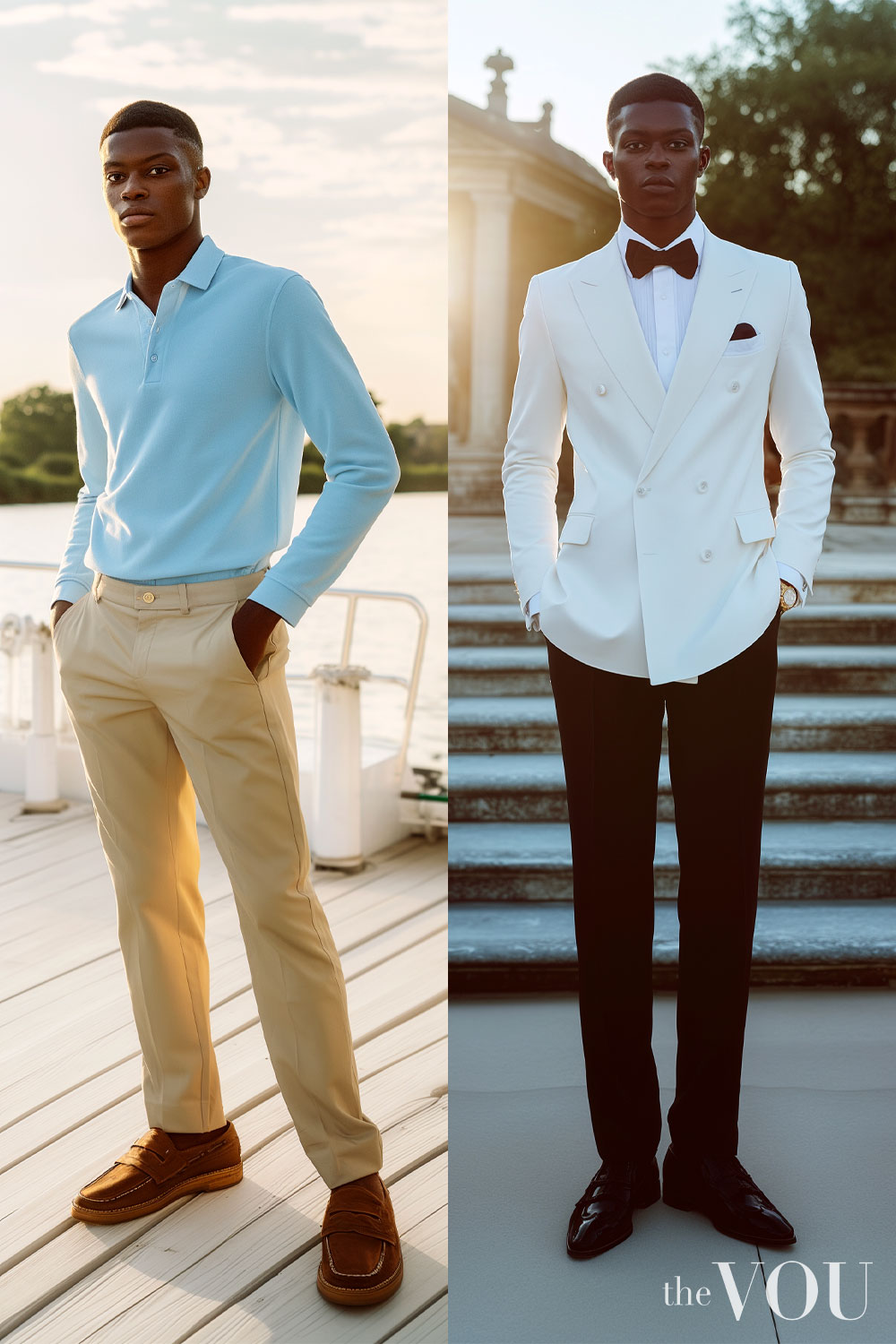
Also, a stylist must have a deep understanding of different dress codes and their formality levels, such as Morning Dress, White Tie, Black tie, Lounge Suit, Business Formal, Business Casual, Smart Casual, and Casual.
They should also be adept at helping you evolve your style over time, perhaps incorporating elements from different fashion aesthetics as your tastes, lifestyle, and professional needs change.
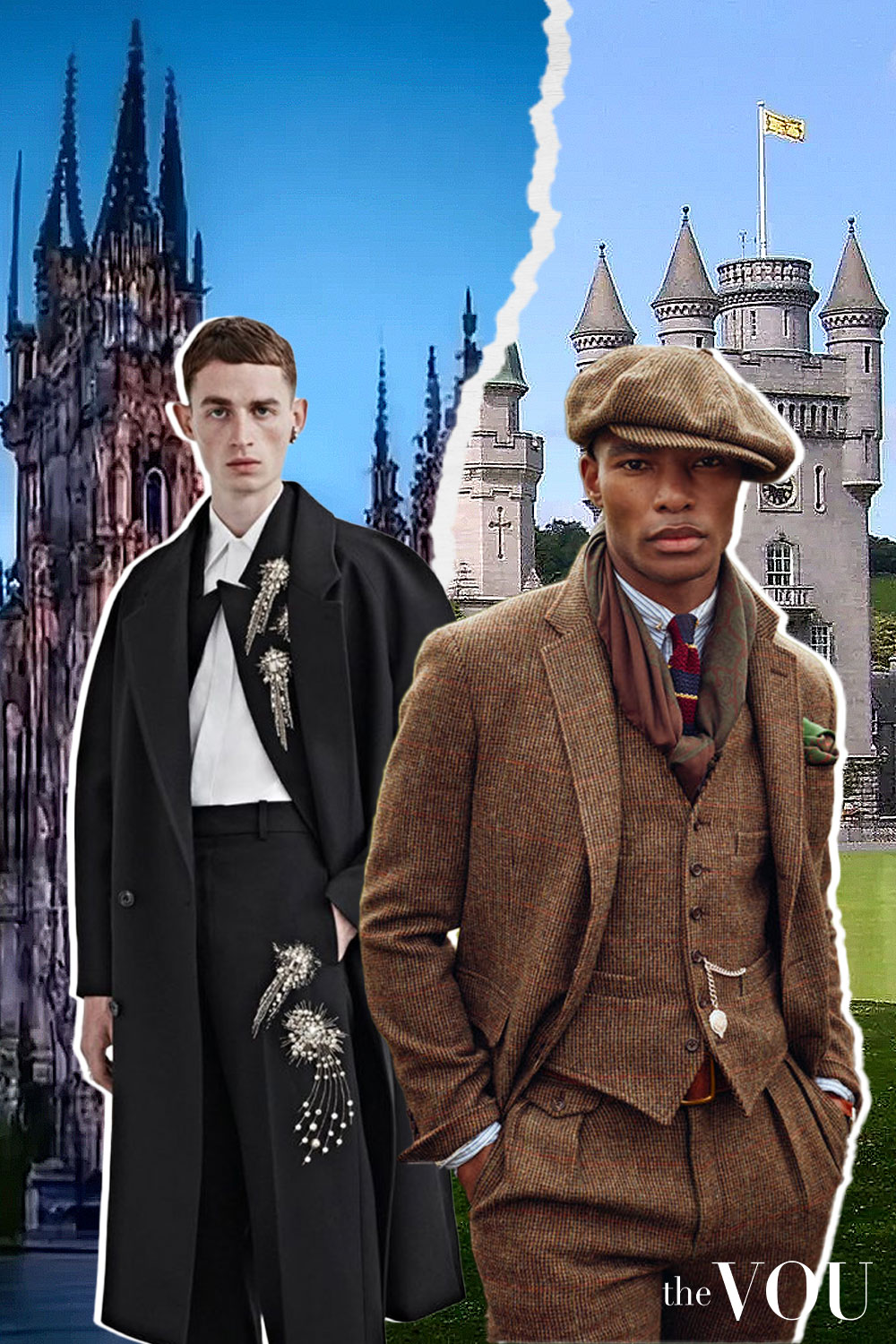
When interviewing potential image consultants, ask them about their experience with these different styles.
A competent consultant should be able to provide examples of how they’ve helped clients incorporate elements of these styles into their wardrobes, and how they’ve mixed different aesthetics to create unique, personalised looks that enhance the client’s overall image and personal brand.
Remember, the goal isn’t necessarily to adhere strictly to one style but to understand the elements of each and how they can enhance your personal aesthetic and support your broader image goals.
A great image consultant will help you navigate these various styles to create a wardrobe that’s versatile, authentic to your individual taste, and aligned with your professional objectives and personal brand.
Holistic Approach to Image Transformation
A proficient image consultant should take a holistic approach to your image transformation. This includes several key steps:
1. Appearance Analysis: Assessing your current style, grooming habits, and overall presentation.
2. Personality Evaluation: Understanding your personality traits, values, and goals to ensure your image aligns with your authentic self.
3. Lifestyle Consideration: Taking into account your daily routines, profession, and social activities to create a practical and sustainable image plan.
4. Communication Audit: Evaluating your verbal and non-verbal communication skills and providing strategies for improvement.
5. Digital Presence Review: Assessing and advising on your online image across various platforms.
Look for a consultant who offers a comprehensive programme that addresses all these aspects of your image.
Customisation and Flexibility
Your image consultant should be able to tailor their services to your specific needs and goals.
They should offer a range of services, including one-on-one consultations, wardrobe audits, personal shopping, grooming and makeup tutorials, body language workshops, public speaking coaching, personal branding strategy sessions, and digital image makeovers.
Ensure the consultant you choose offers the specific services you need and can adapt their approach to suit your preferences and lifestyle.
Knowledge of the Latest Trends
The field of image consulting is ever-evolving, with new trends and best practices emerging regularly.
Your consultant should be well-versed in current trends across various aspects of image management, including fashion and style trends, emerging grooming and beauty techniques, the latest developments in professional etiquette, and current best practices in personal branding and digital presence.
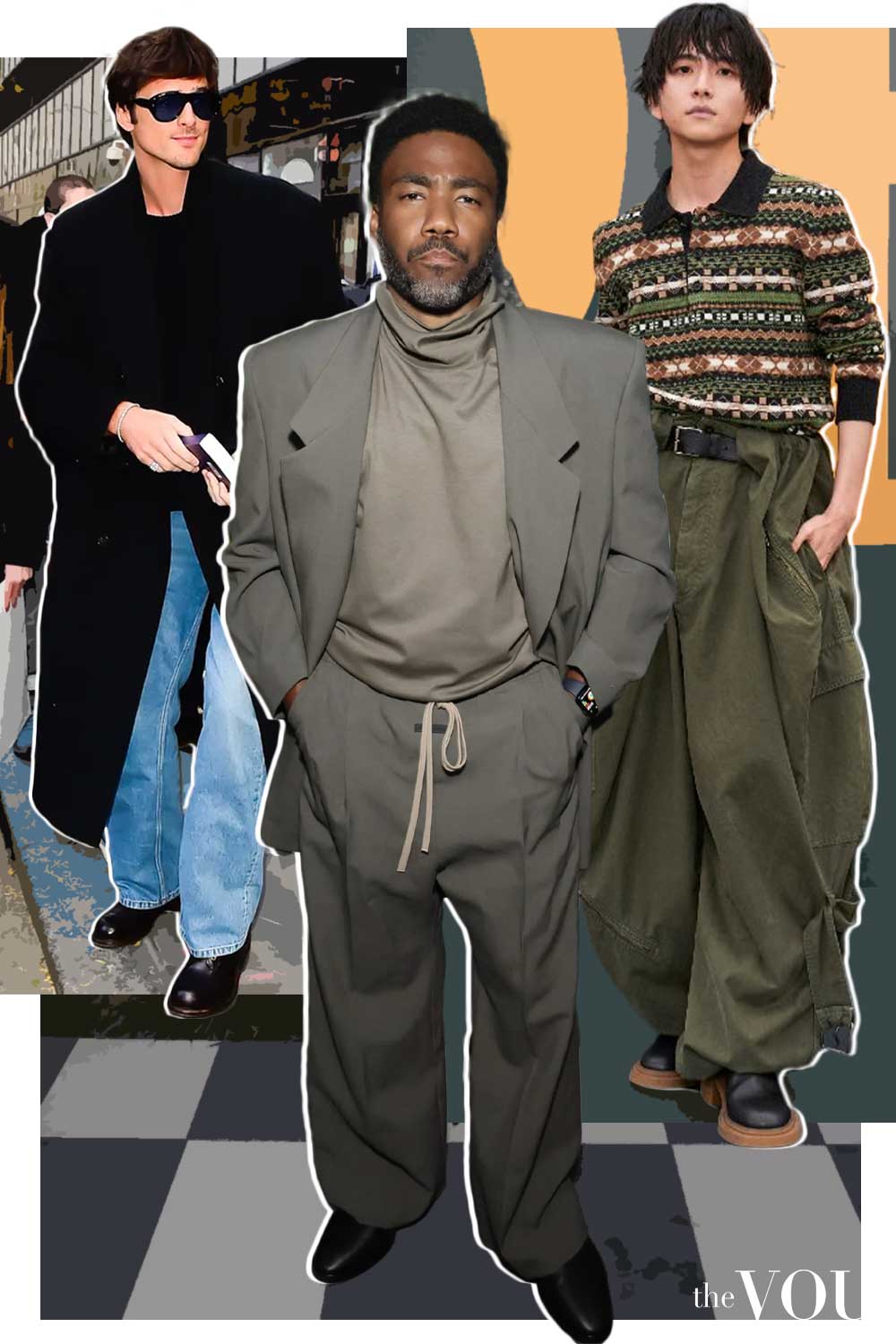
Look for consultants who regularly attend industry conferences, engage in continuing education, and stay connected with the latest research in their field.
Strong Communication and Interpersonal Skills
Your relationship with your image consultant should be built on trust, respect, and open communication.
During your initial consultation, assess the consultant’s ability to listen attentively to your concerns and goals, explain concepts and suggestions clearly and respectfully, provide constructive feedback tactfully, and create a comfortable and supportive environment.
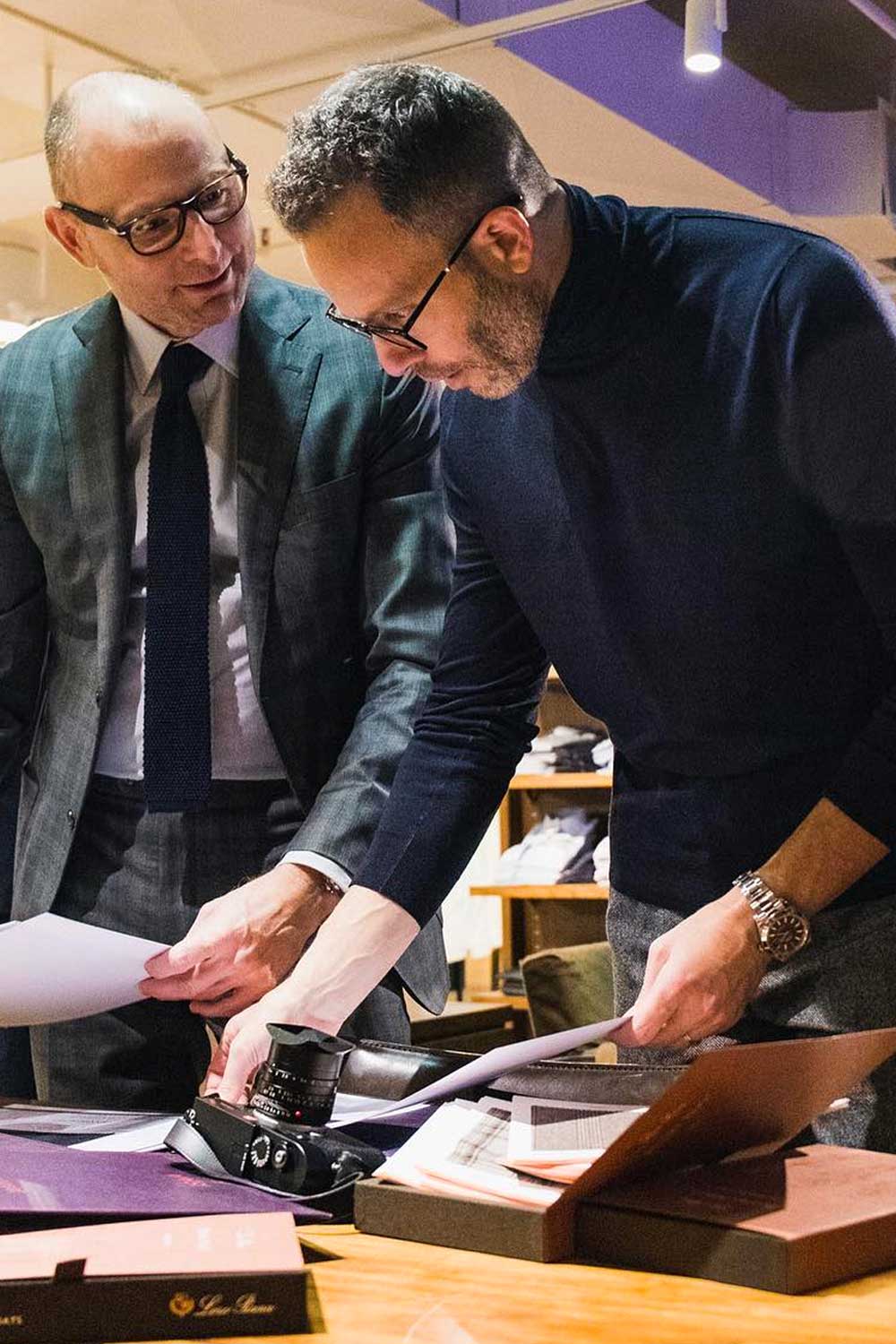
You should feel comfortable discussing personal matters and confident in their ability to guide you through the image transformation process.
Portfolio and Client Testimonials
A reputable image consultant should have a diverse portfolio showcasing their work and be willing to share client testimonials.
Look for before-and-after transformations, case studies detailing the consultant’s approach and results, client testimonials from various industries and backgrounds, and any media appearances or publications by the consultant.
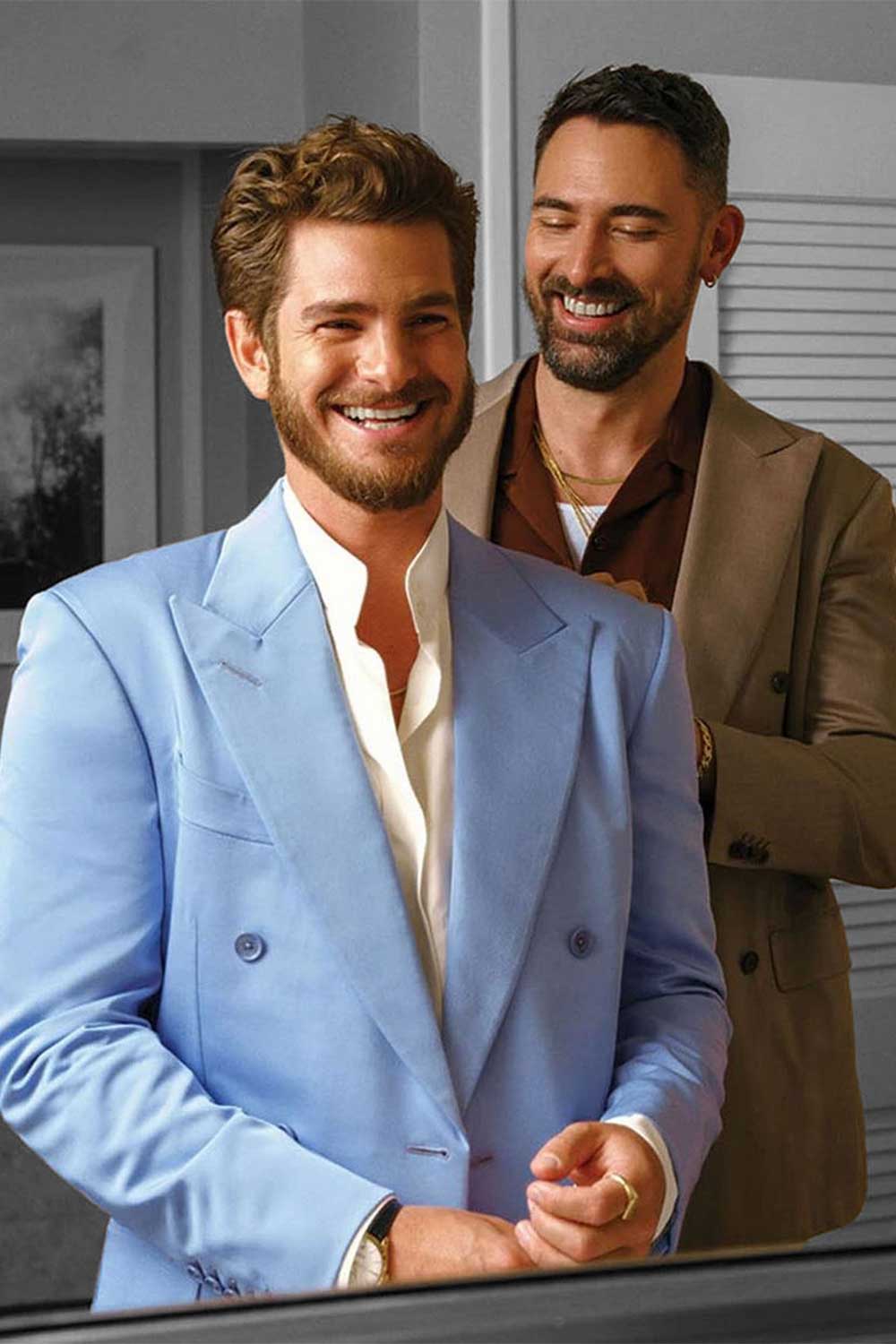
These materials will give you insight into the consultant’s capabilities and the potential outcomes you can expect.
Don’t hesitate to ask for specific examples of how they’ve helped clients achieve their image goals. This can give you a concrete idea of what to expect from their services.
Industry Qualifications and Experience
While there’s no single standardised qualification for image consultants, look for professionals with formal training and certifications from reputable institutions.
Some recognised certifications include Certified Image Consultant (CIC) or Certified Image Professional (CIP) from the Association of Image Consultants International (AICI), Certified Personal Stylist from the London College of Style, or Image Mastery from the Academy of Image Mastery.
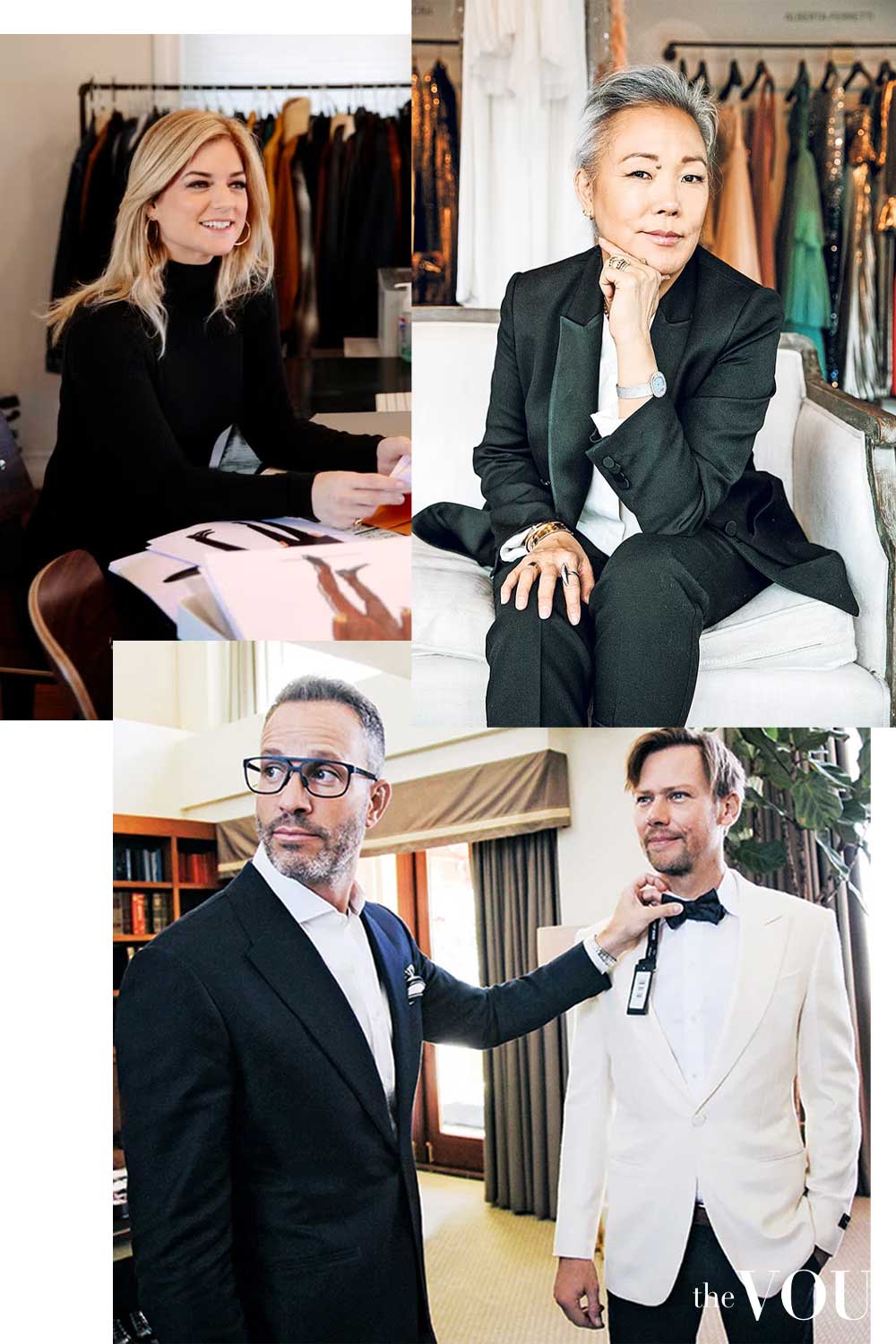
Additionally, consider their years of experience and the diversity of their client base.
An image consultant who has worked with various professions, industries, and personal backgrounds will likely be better equipped to address your unique needs.
Ethical Standards and Professionalism
Choose an image consultant who adheres to high ethical standards and maintains professionalism.
Look for consultants who are members of professional organisations like the Association of Image Consultants International (AICI), follow a clear code of ethics, maintain client confidentiality, provide transparent pricing and clear contract terms, and demonstrate respect for diversity and inclusivity.
Who is the Best Image Consultant for You? Here’s the Verdict
Selecting the right image consultant is a crucial step in enhancing your personal and professional presence.
By considering factors such as comprehensive expertise, qualifications, holistic approach, customisation, up-to-date knowledge, communication skills, portfolio, and ethical standards, you’ll surely find a professional image consultant who will help you achieve your goals.
Remember, the best image consultant is the one who understands the multifaceted nature of personal image and takes the time to get to know you as an individual.
They should be able to translate your personality, aspirations, and lifestyle into a cohesive image that feels authentically you and projects confidence in all areas of your life.
If you’re considering this investment in your personal and professional development, you might wonder whether hiring an image consultant is worth the cost.
Take your time in the selection process, ask thoughtful questions, and don’t hesitate to meet with several consultants before deciding.
With the right image consultant guiding you, you’ll be well-equipped to present your best self to the world and achieve your personal and professional objectives.
Style Like a True Gentleman
Before we say goodbye, here’s one of the best-kept secrets in men’s styling circles, a secret that only a few expert image consultants know or are willing to share.
First and foremost, professional styling requires knowing your unique body shape and seasonal colour palette – paramount factors in choosing perfectly fitting clothes in colours that complement your skin, eyes, and hair.
Only then can a stylist engage in styling by occasion, location, season, and time of day, with garments, footwear, and accessories from stylistically relevant, heritage fashion brands to depict high confidence and success.
Best part? You can find your body shape, seasonal colour palette, and ideal fashion style in less than 5 minutes, by yourself, for free, thanks to our 4 simple steps:
1. Find Your Body Shape
Different garments flatter different silhouettes, so knowing your body shape is the first step in dressing like a confident man.
To find out your unique body shape, take our free body shape quiz for men.
Once you know your unique body shape, take the second free quiz to discover your unique colour palette.
2. Find Your Unique Colour Palette
Remember, the garments that compose your outfits come in various colours, and you have to make sure that each hue complements your natural colour.
For that, you have to find out your seasonal colour palette, and you can do it by taking our free seasonal colour quiz for men.
3. Find Your Ideal Fashion Style
By now, you should already know your body shape and unique colour palette; the next step is to discover your ideal personal fashion style.
The fastest and most straightforward way to discover your ideal style is to take our free fashion style quiz for men, which includes outfit ideas, relevant fashion brands, and more.
4. Professional Image Consultancy with The VOU
And if you want to style like a professional, by occasion, location, season, and time of the day, you can always ask our expert image consultants and fashion stylists for help.
Our styling services for men are the most comprehensive and detailed on the market, backed up by leading stylists who will guide you step by step in creating looks that communicate affluence, elegance, and endless accomplishments.
Remember, wearing luxury brands isn’t enough; to look stylish, confident, and successful, you must first know your body shape, colour palette, and ideal personal style, and only then style by occasion, location, season, and time of day.
Contact us today to save headaches, time, and money. It’s time to dress like a confident, successful gentleman of exquisite fashion taste. The first styling assessment is on us!
With years of expertise in high-end fashion collabs and a PhD in Sustainable Fashion, Ru specialises in eco-luxe wardrobes for the modern gentleman seeking understated refinement.
A passionate advocate for inclusivity and diversity, Aidan is the driving force behind The VOU as its Editorial Manager. With a unique blend of editorial acumen and project management prowess, Aidan's insightful articles have graced the pages of The Verge, WWD, Forbes, and WTVOX, reflecting his deep interest in the dynamic intersection of styling with grooming for men and beyond.
With over twenty years of front-row fashion and styling events, collabs with haute-couture houses, and a PhD in Luxury Fashion, Laurenti is an expert in crafting personalised looks that depict old-money sophistication.


